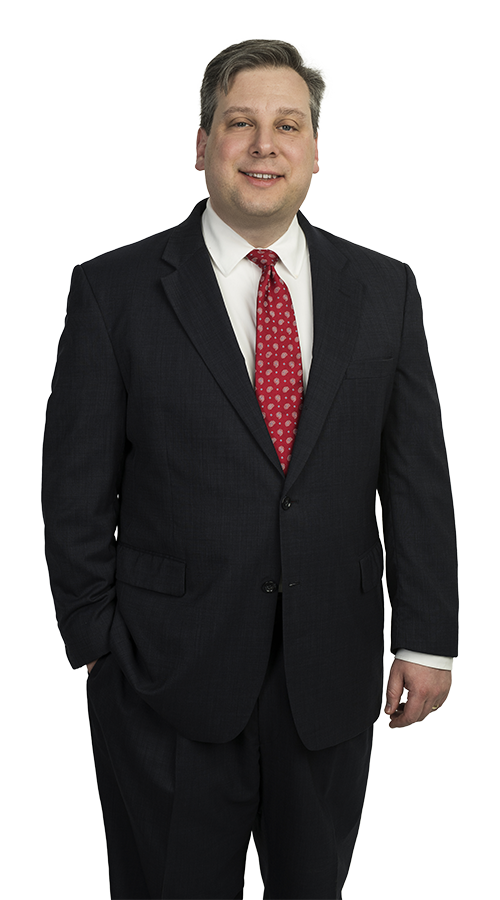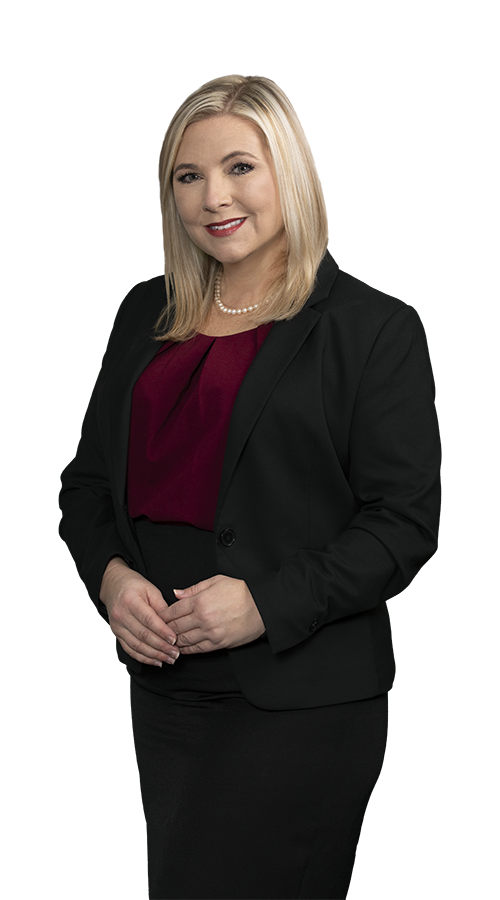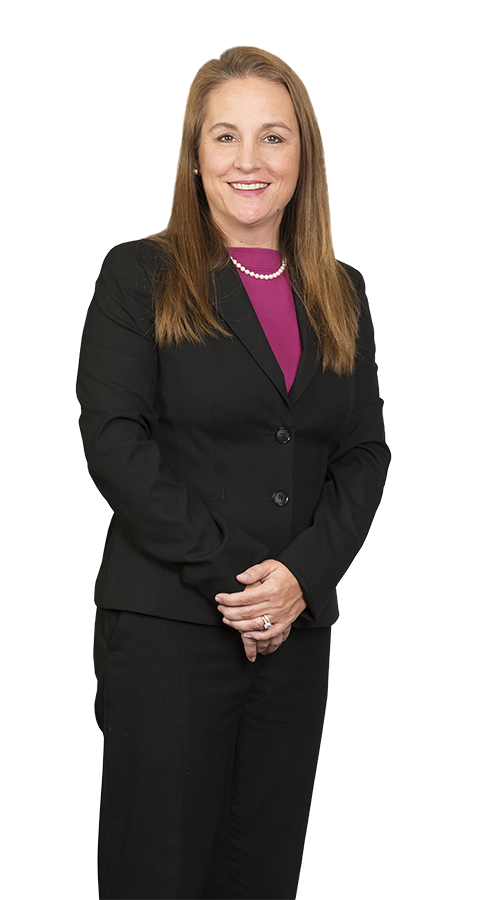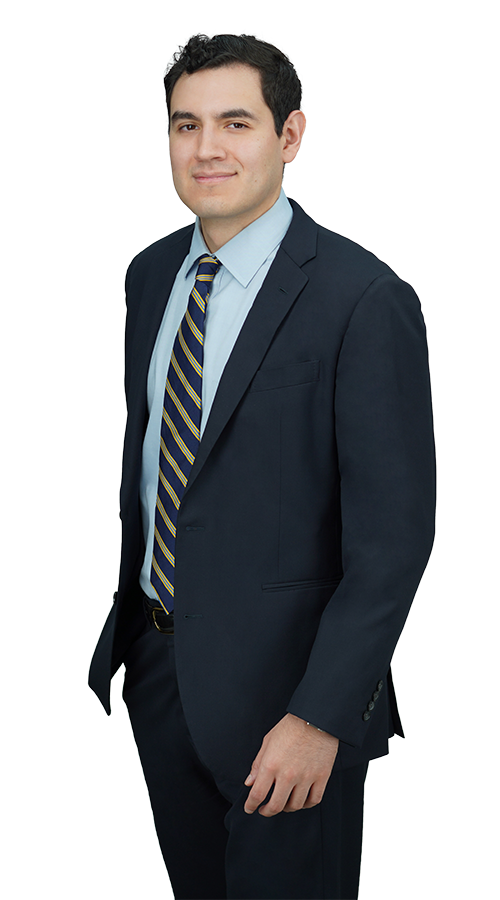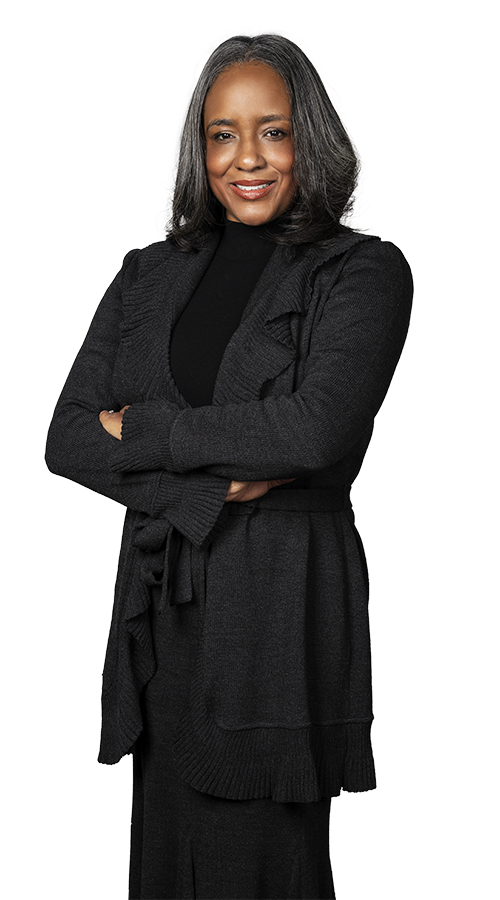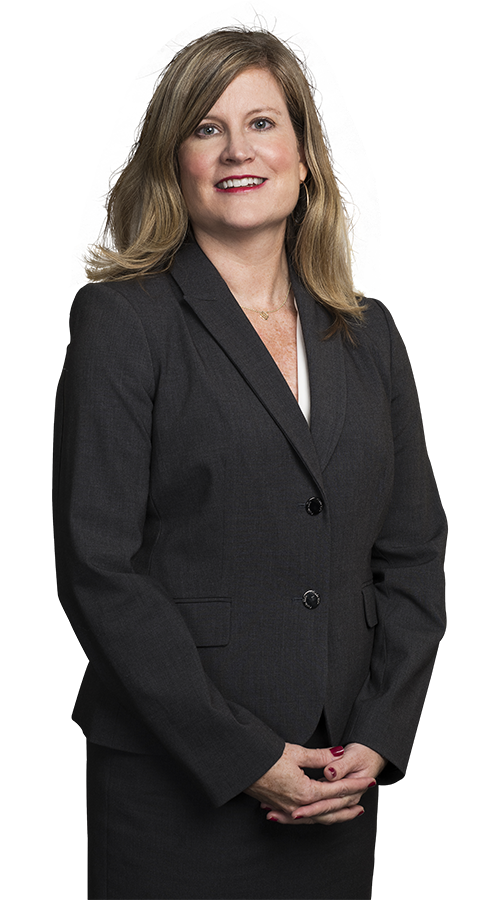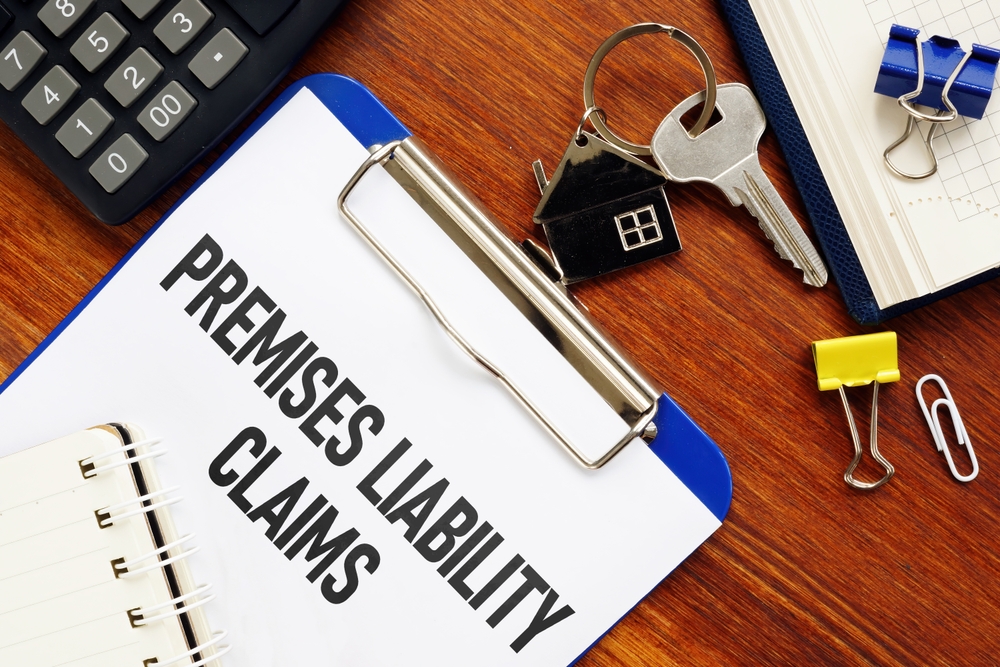Property owners have a legal responsibility to ensure their property is safe for visitors. By understanding their responsibilities and following these legal tips, property owners in Austin and throughout Texas can improve safety while reducing the risk of visitor lawsuits.
Premises Liability Lawsuits
When people are injured while visiting a commercial, residential or public property in Texas, they may bring a premises liability claim against the property owner. In some cases, other parties may bear liability in addition to or instead of the property owner. These include tenants, who occupy and therefore have substantial control over the property, such as a retailer who leases a building. Depending on the circumstances, liability for an injury may also fall to a product manufacturer whose product is used on the property or a hired contractor who performs maintenance or repairs on the property.
Common Types of Claims
Premises liability claims can stem from a wide range of incidents. Perhaps the most common category is slip-and-fall accidents, in which someone falls due to wet floors, icy walkways, uneven surfaces, obstacles, or poor lighting. Other incidents arise from inadequate maintenance, such as failure to repair broken stairways, faulty wiring or dangerous structural conditions. Some claims involve negligent security, such as failure to fix broken locks or to provide security personnel in a high-crime area. Additional triggering incidents can include exposure to toxic fumes or chemicals, dog bites (if the owner knew or should have known that the dog was aggressive) and swimming pool accidents (such as if the owner failed to provide proper fencing or adequate supervision).
Types of Visitors
Texas law separates visitors into three categories: invitees, licensees and trespassers. Property owners owe different levels of duty of care to visitors based on their category:
- Invitees: This class of visitor enters the property at the express or implied invitation of the owner (or controller of the property), for the mutual benefit of both parties. Typically, the invitee’s visit brings an expectation of financial gain for the owner. Examples of invitees include shoppers in a store, attendees at a concert, clients in an office or guests in a hotel. The property owner/controller owes the highest duty of care to invitees. They have a duty to inspect the property, repair any dangerous conditions or provide adequate warning of potential hazards.
- Licensees: This visitor category refers to people who enter the premises with the property owner’s (or controller’s) express or implied permission, but their visit generally is not expected to benefit the owner financially. Examples of licensees include people making social visits or delivering packages. An owner does not owe licensees a duty to inspect the premises, but the owner must fix any known hazards or provide adequate warning of dangerous conditions.
- Trespassers: Trespassers are on the property without the lawful right or the permission of the owner (or controller). Property owners owe the lowest duty of care to trespassers; they merely must refrain from purposefully or recklessly causing injury to this category of visitors.
Proving a Premises Liability Claim
In order to successfully prove premises liability, the injured party must meet several criteria. They must demonstrate that the property owner owed them a duty of care based on their status as an invitee, licensee, or trespasser. Then they must show that the owner failed to meet this duty of care. Further, the injured party must demonstrate that the owner’s negligence directly caused their injury, and they must prove that they suffered actual damages as a result, such as medical costs, lost wages, or pain and suffering.
How Property Owners Can Protect Themselves
Property owners can take a number of steps to reduce their liability. These include complying with all building and safety codes, regularly inspecting the property for hazards, promptly repairing hazards and posting warning signs of known hazards, such as wet floors. Owners should also be sure to provide proper lighting and to take appropriate security measures to protect visitors from potential criminal activity on the property. Owners can further protect themselves by maintaining thorough records of all safety inspections, repairs and maintenance.
The premises liability lawyers at Pappas Grubbs Price PC represent property owners and operators as well as insurance companies in all aspects of complex premises liability cases. With offices in Houston, Dallas, Austin and San Antonio, we have successfully represented clients in premises liability matters across Texas. To speak to a civil litigation attorney about your premises liability matter, contact Pappas Grubbs Price.










